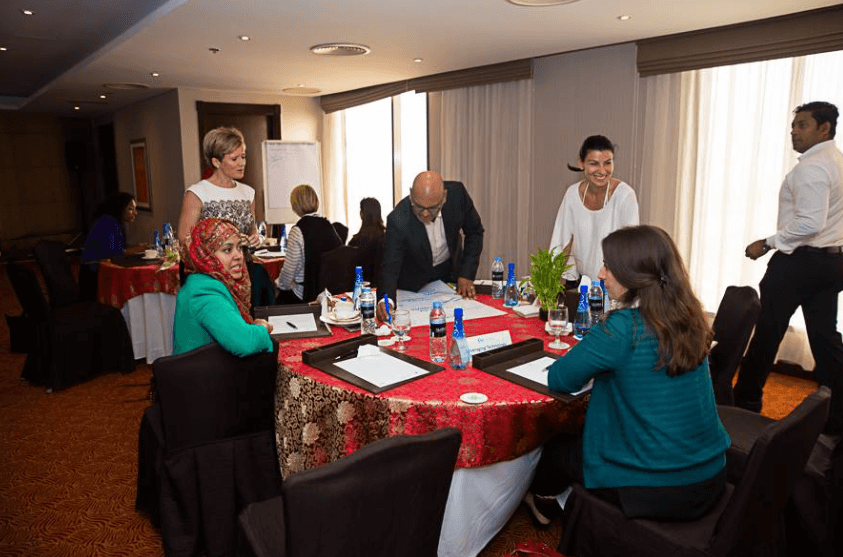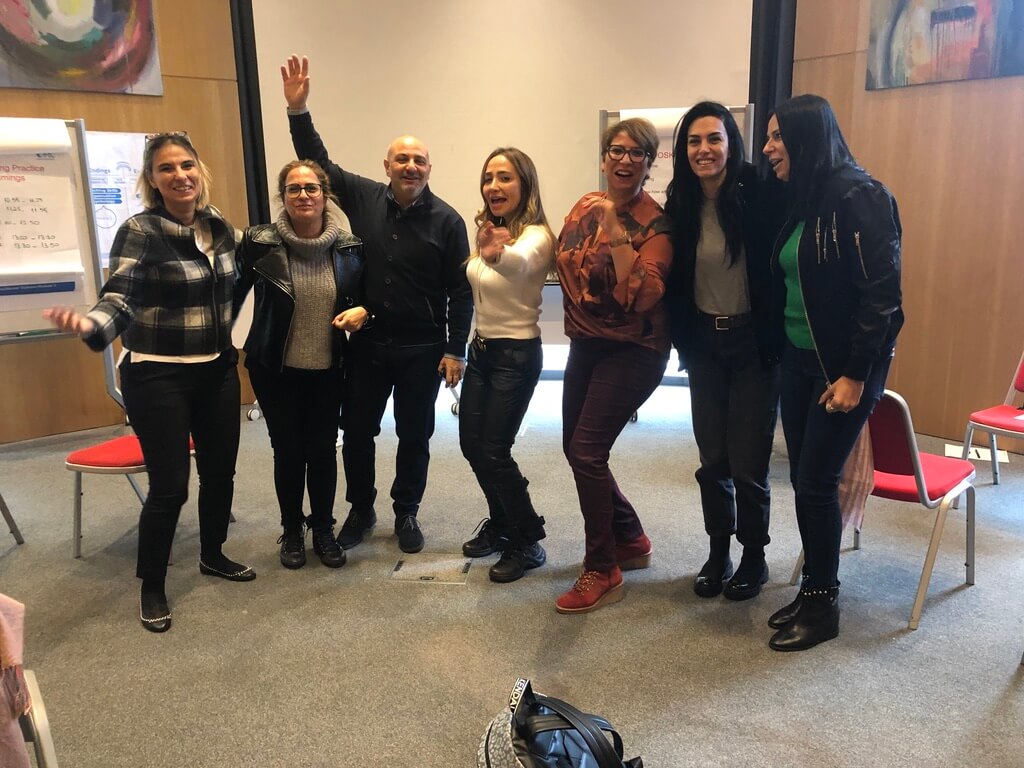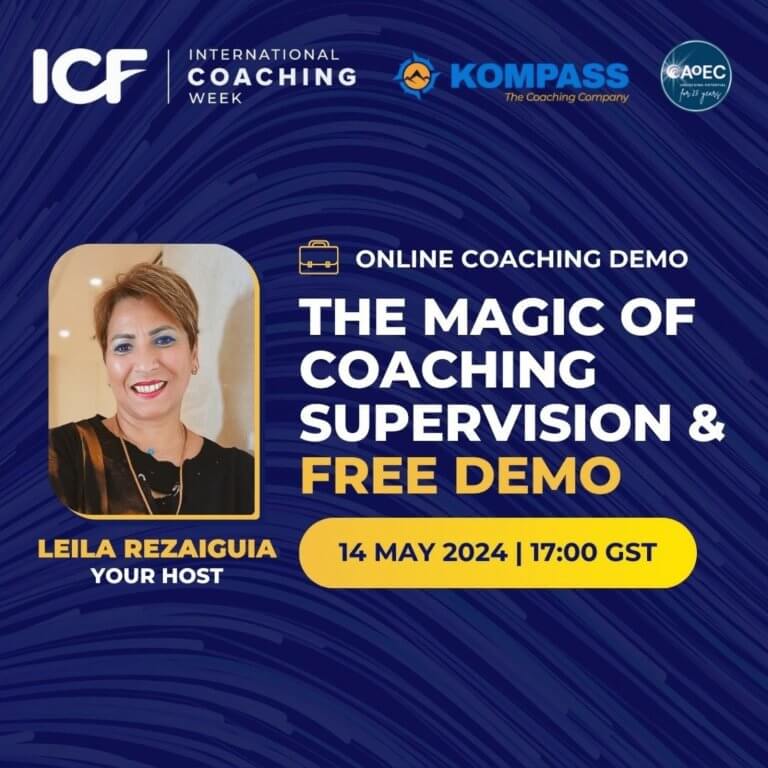You have likely considered the benefits of coaching at some point in your career. Whether you are looking to improve your leadership skills, advance your career, or simply grow as a professional, coaching can be a valuable investment.
However, with so many coaching programmes available, it can be difficult to know which one is the right fit for you.
Here are 10 important facts to consider when choosing the right executive coaching programme
What are the coach’s experience and qualifications?
It is important to consider the coach’s level of experience and professional qualifications. Look for coaches who have a proven track record of success and have received formal training and supervision in coaching. The coach’s experience and qualifications can provide valuable insights and skills that can help you achieve your goals.
For example, a coach with a background in psychology may be able to provide a deeper understanding of behavior and motivation, while a coach with a background in gestalt may be able to offer deeper insights on being In the Here and the Now to deepen your exploration.
Pro tip: Look for coaches who have received accreditation from a reputable coaching organization, such as the International Coach Federation (ICF). This demonstrates that the coach has met high standards of professionalism and competency in the field.
What is the coach’s focus or specialty?
Consider whether the coach has a specific area of focus or specialty that aligns with your needs. A coach who specializes in a particular area, such as leadership development or career transition, may be better equipped to help you achieve your specific goals.
Pro tip: Don’t be afraid to ask coaches about their areas of expertise and how they can help you achieve your goals. A coach who is passionate about their work will be happy to share their knowledge and experience with you.
What is the duration of the programme?
The length of the coaching programme can vary greatly, from short-term sessions to long-term programmes spanning several months or even years. Consider the amount of time you have available and the level of commitment you are willing to make to the programme.
For example, a short-term programme may be suitable if you are looking to address a specific issue or challenge, while a longer-term programme may be more appropriate if you are looking to make significant changes in your career or achieve long-term goals.
Pro tip: Be open to the possibility of ongoing coaching, even if you are initially only interested in a short-term programme. Many executives find that the benefits of coaching continue long after the formal programme has ended.
How much does the programme cost?
The cost of executive coaching programmes can vary significantly, so it is important to consider your budget when choosing a coach. Don’t be afraid to ask coaches about their fees and any discounts or payment plans that may be available.
For example, some coaches offer discounted rates for long-term programmes or for coaching multiple individuals from the same organization.
Pro tip: Don’t let cost be the only factor in your decision-making process. The right coach can make a significant difference in your personal and professional development, so it is worth investing in a coach who is a good fit for your needs and goals.
Is there a scholarship or financial aid available?
If cost is a concern, it is worth considering whether financial aid or scholarships are available for the coaching programme you are considering. Many coaching organisations offer financial aid or scholarships to help individuals who may not otherwise be able to afford to take up the programme.
For example, some coaching programmes offer reduced rates for non-profit organisations or for individuals who are in transition or facing financial hardship.
Pro tip: Don’t be afraid to ask about financial assistance options when speaking with coaches. Many coaches are willing to work with clients to find a solution that meets their needs and budget.
What type of support will I receive during and after the programme?
It is important to consider the level of support you will receive during and after the coaching programme. Look for coaches who offer regular check-ins and feedback when needed, as well as resources and tools to help you continue your development after the programme has ended.
For example, some coaches offer ongoing support through email or phone calls, while others provide access to online resources or a community of coaches for continued learning and support.
Pro tip: Ask about the support options available during and after the programme to ensure that you have the resources you need to continue your growth and development.
Will I be able to continue my professional development?
Consider whether the coaching programme will provide opportunities for professional development or advancement. Look for programmes that offer ongoing learning and development opportunities, such as workshops or webinars, to help you continue to grow and evolve as a professional.
For example, some coaching programmes offer certification or accreditation, which can be a valuable addition to your resume and can demonstrate your commitment to professional development.
Pro tip: Don’t be afraid to ask about professional development opportunities when speaking with coaches. Many coaches are willing to work with clients to create customized programmes that meet their specific goals and needs.
Will I have access to a community of coaches?
Consider whether the coaching programme will provide access to a community of coaches or other professionals who can offer support and guidance. A community of coaches can provide valuable networking opportunities and a support system to help you continue your development after the programme has ended.
For example, some coaching programmes offer access to online forums or in-person alumni events where you can connect with other coaches and professionals.
Pro tip: Don’t underestimate the value of networking and support from your peers. Connecting with other coaches and professionals can provide valuable insights and resources to help you grow and succeed.
Who will reflect on my work as a coach?
Look for coaching programmes that provide regular feedback on your coaching skills, to help you continue to grow and improve as a coach. Feedback from experienced coaches can help you identify areas for improvement and provide guidance on how to develop your skills.
For example, some coaching programmes offer regular evaluations or assessments of your coaching skills to help you track your progress and identify areas for improvement.
Pro tip: Don’t be afraid to ask for feedback from your coach and be open to constructive feedback. This can help you continue to grow and improve as a coach.
How often will I receive feedback on my coaching skills?
Consider how often you will receive feedback on your coaching skills during the programme. The frequency of feedback can vary greatly, from weekly check-ins to monthly evaluations.
For example, some coaching programmes offer weekly check-ins or monthly evaluations to help you track your progress and identify areas for improvement, while others may offer more infrequent feedback.
Pro tip: Think about the type of feedback and support you need to succeed and choose a coaching programme that meets those needs. Don’t be afraid to ask coaches about their feedback process to ensure that you will receive the support you need.
In conclusion, choosing the right executive coaching programme can be a challenging process, but with careful consideration and a clear understanding of your goals and needs, you can find a coach and programme that will help you achieve success and growth.







